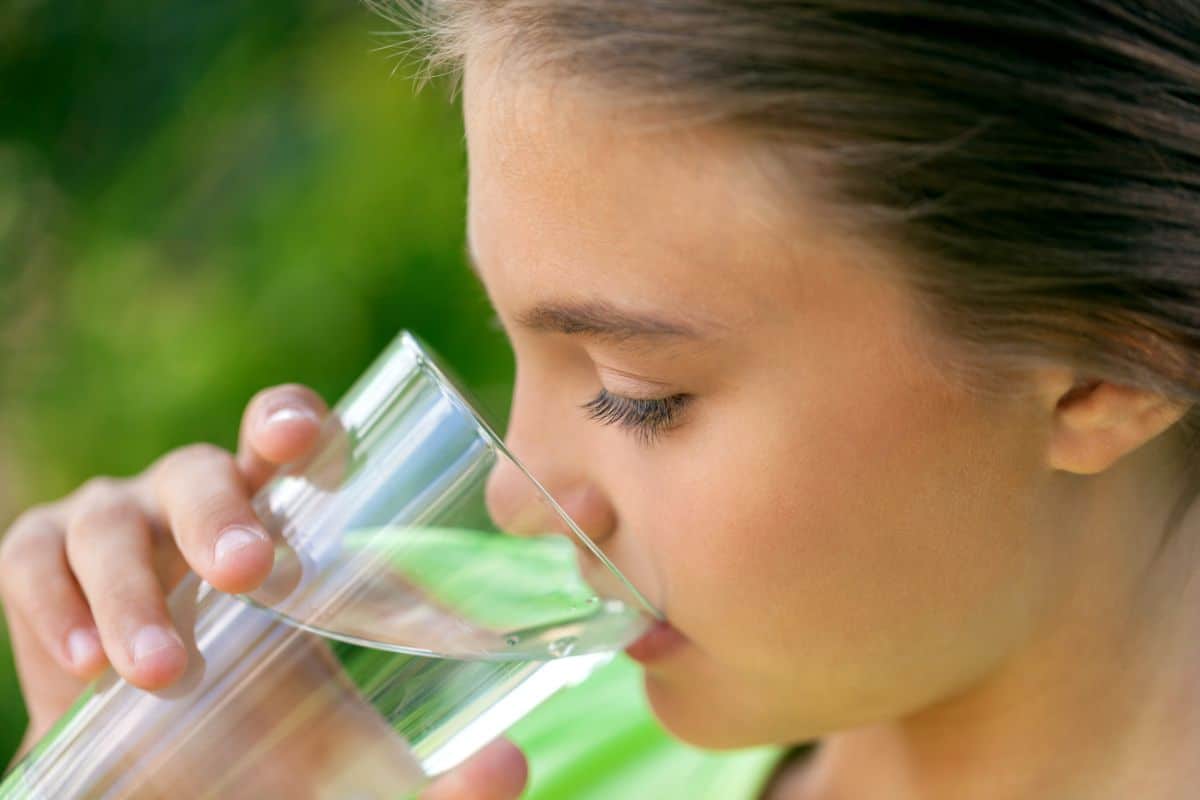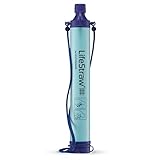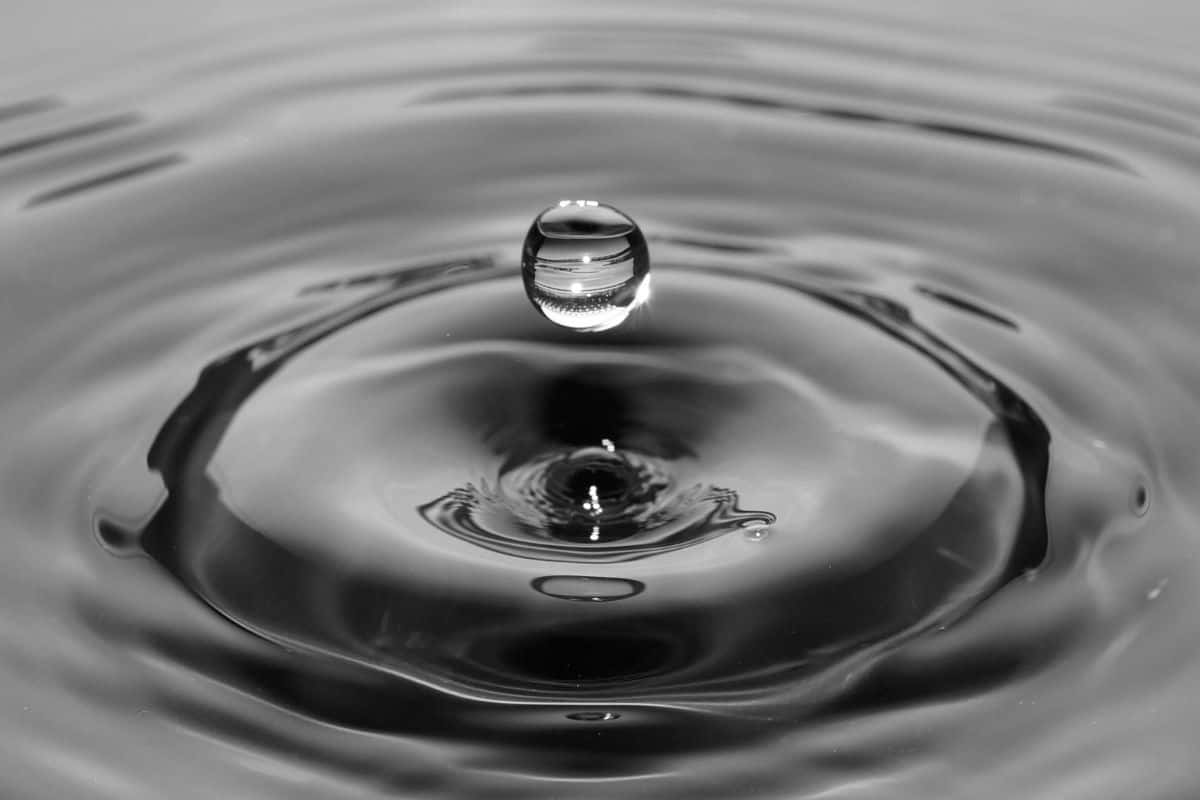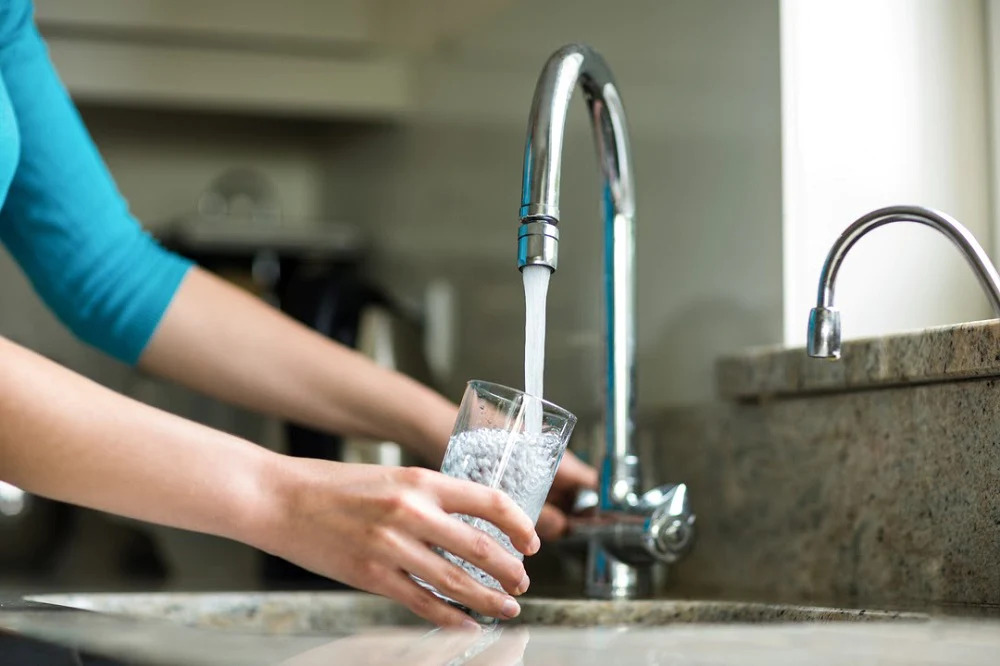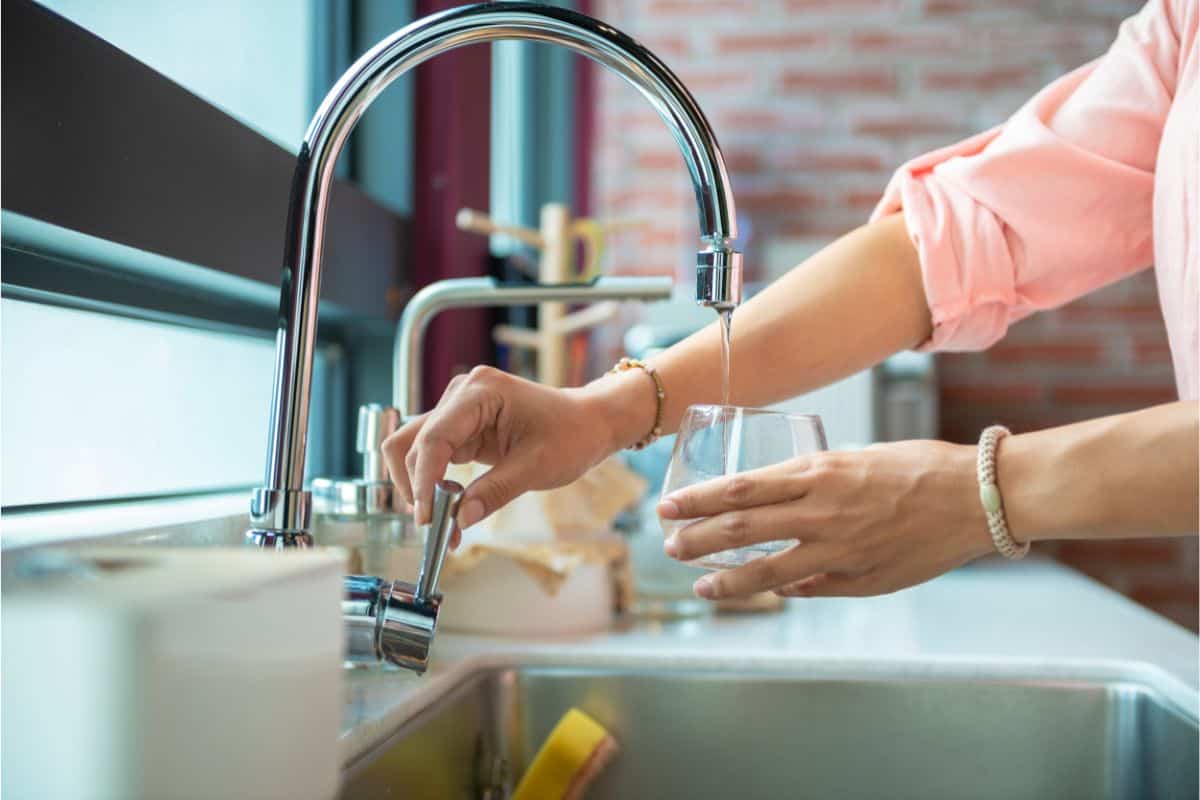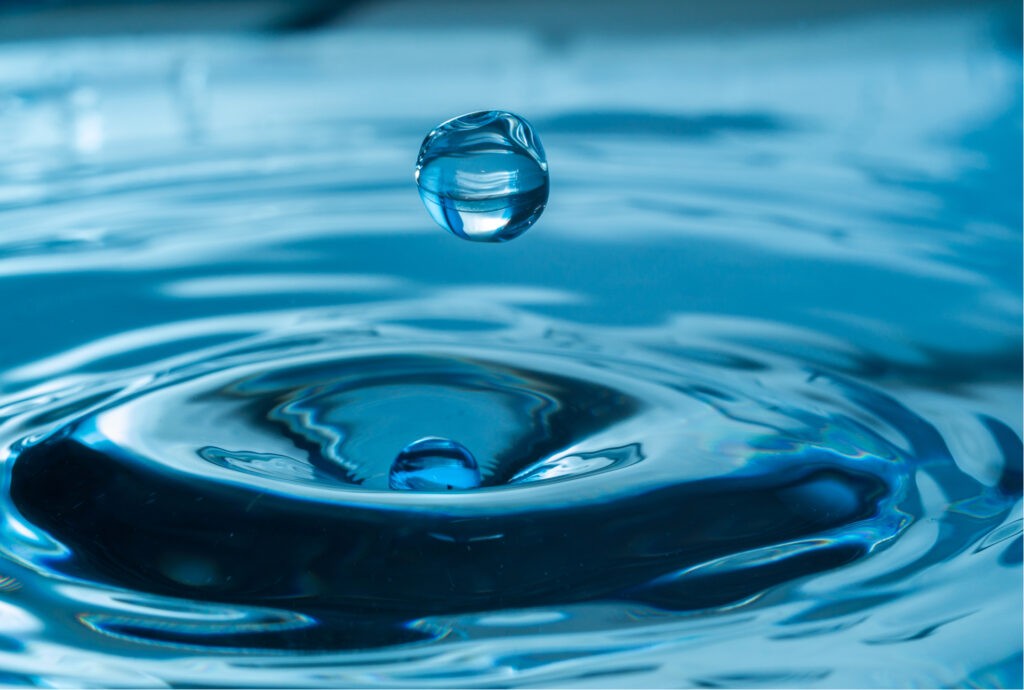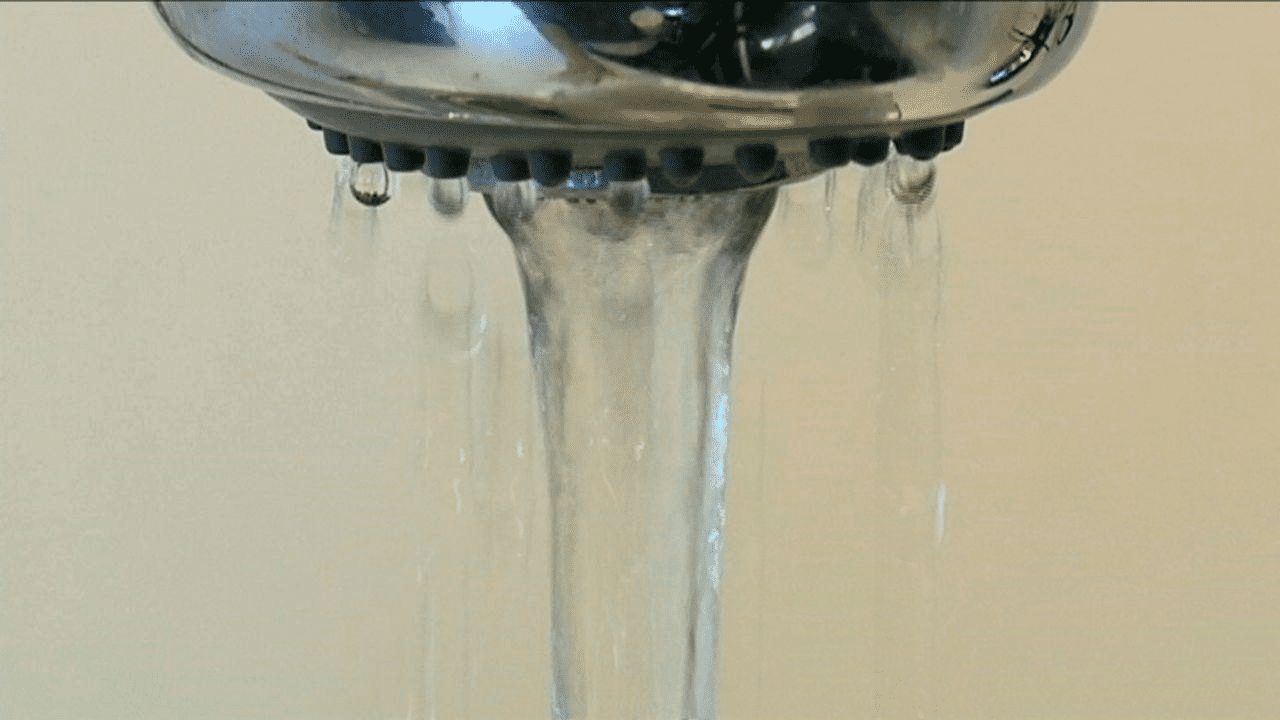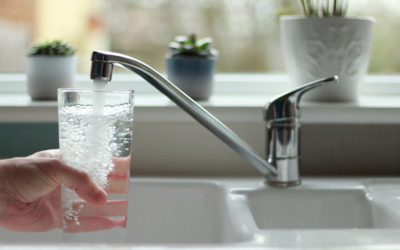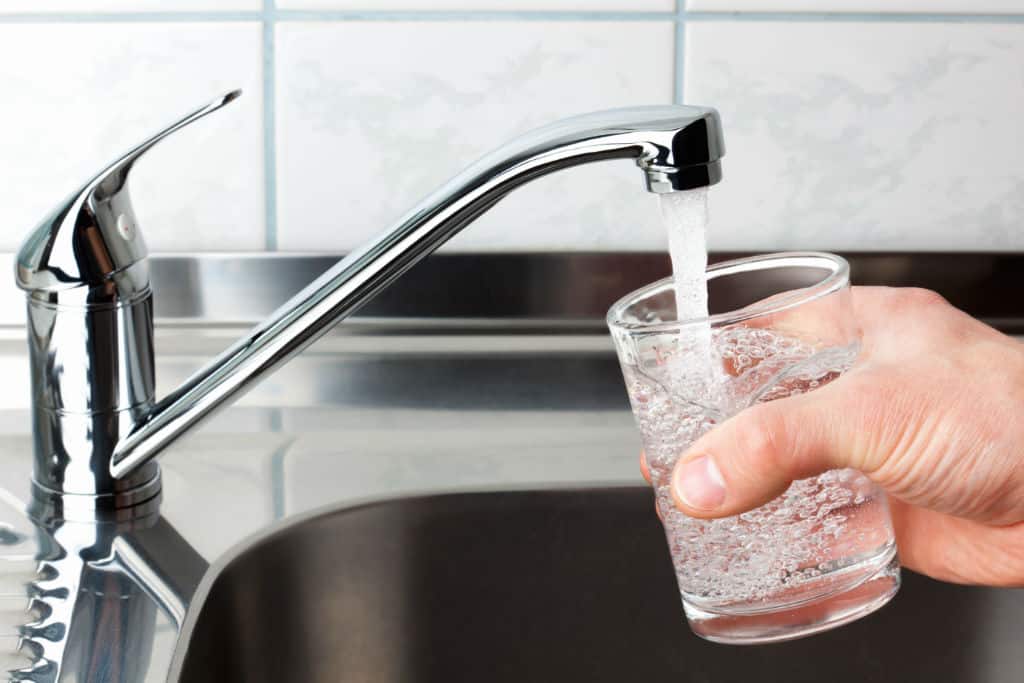Seattle tap water nearly entirely bypasses any form of treatment, as it gushes straight from the nearby Cascades. The city receives first-use, essentially unspoiled fresh water from the protected South Fork Tolt River and Cedar River Watersheds.
Considering the water’s excellent caliber, chlorine is still administered into it when it is being held in reservoirs before it is distributed to more than 500,000 residents of Seattle.
Even though the water is pure, if your pipes leak lead, it will end up in your drinking water regardless of how old the property’s infrastructure is.
In this article, we will confirm whether the tap water in Seattle is safe to drink, or not.
Contents
Water quality analysis for tap water in Seattle
The 2020 Water Quality Report for Seattle contains the latest figures for detected pollutant levels in tap water that are available to the public. The EPA has established acceptable limits in this study, but just because a level is below the upper limit doesn’t mean the water is definitely safe.
The EPA presently permits up to 15 ppb of lead in tap water, although it has designated zero as the optimal level for lead. This illustrates how, just because localized tap water meets EPA guidelines, it doesn’t imply it’s particularly safe.
As the EPA assesses the long-term effects of contaminants and changes the allowable levels for drinking water, laws are always changing. The laws governing arsenic, lead, and copper are now being reviewed.
Several emerging pollutants exist that do not at the moment, e.g., the EPA has issued a health caution for PFAS. Since PFAS tend to not degrade in the atmosphere or the body and can develop over time, they are known as ‘forever chemicals’.
Safe Drinking Water Act violations in Seattle’s tap water (The past 10 years)
Seattle had one health-related Safe Drinking Water Act violation from December 1, 2015 to December 31, 2015, with the infraction type being Treatment Technique Violation.
The violation code for the contaminant classification Surface Water Treatment Rule was Treatment Technique (SWTR and GWR), which is part of the Microbials rule code category and the Surface Water Treatment Rules rule code branch.
Is Seattle’s tap water lead-free?
According to the EPA’s ECHO Database, 90 percent of the total samples collected from Seattle Public Utilities’ water system between the study commencement date and the analysis completion dates contained 0.004 mg/L or less of lead.
The 0.015 mg/L action threshold is represented by 26.7 percent by this. This indicates that 10% of the samples collected in Seattle had higher lead levels.
Even if Seattle’s water may contain 0.004 mg/L of lead, this does not always guarantee that your water source contains the same quantity. A city’s water supply can have varying levels of lead depending on the neighborhood or even the individual structure.
Lead pipes or service lines are common in houses, especially the older ones, and they can be a source of contamination. We advise having your water examined to see whether lead is present in your drinking water.
There is no safe level of lead in water; there is just a safer level. Lead builds up in our system over the years, so even comparatively smaller exposure levels can have detrimental impacts on our health.
Is Seattle’s tap water PFAS-free?
At the moment, there isn’t a nationwide requirement for monitoring tap water for PFAS. We do have a catalog of military installations where leaks have either been reported as probable or actual.
Near Seattle, there seems to be at least one military installation with leaks; the Puget Sound NS Sand Point.
The greatest data we currently have about which cities have PFAS in their water is an EWG map since there are many possible sources of PFAS in tap water across the US. You can use this to see if Seattle has been assessed yet.
Our opinion is that it makes sense to try to purify the tap water just in case and that it is best to be safe than sorry.
### Recent Concerns About Seattle, WA Tap Water Quality
In recent months, concerns have emerged regarding the quality of tap water in Seattle, WA, following reports of contamination that have prompted actions by local authorities. One of the primary issues is the detection of elevated levels of lead in certain areas, particularly in older homes with outdated plumbing systems. This has raised alarms about potential health risks, especially for children and pregnant women. Additionally, traces of perfluoroalkyl and polyfluoroalkyl substances (PFAS), often referred to as "forever chemicals," have been found, sparking debates about long-term health implications.
The affected areas predominantly include neighborhoods with older infrastructure, where lead pipes are more common. In response, Seattle Public Utilities (SPU) has initiated an extensive testing program to identify and address the contamination sources. They have also begun distributing water filters to vulnerable populations and are accelerating pipe replacement projects to mitigate lead exposure.
Local health departments are actively engaging with the community through public meetings and informational campaigns to ensure residents are aware of the potential risks and the steps being taken to ensure safe drinking water. Furthermore, SPU is collaborating with state and federal agencies to monitor water quality more rigorously and implement stricter safety standards.
Seattle residents are encouraged to stay informed about the quality of their tap water by accessing regular updates from SPU and other local authorities. Awareness and proactive measures are crucial to safeguarding public health amidst these ongoing concerns.
Seattle officials say tap water is safe after lead found in some schools
https://www.seattletimes.com/seattle-news/environment/seattle-officials-say-tap-water-is-safe-after-lead-found-in-some-schools/
Seattle Public Utilities addresses ‘forever chemicals’ in water supply
https://komonews.com/news/local/seattle-public-utilities-addresses-forever-chemicals-in-water-supply
What are PFAS chemicals and why Seattle is testing its water for them
https://mynorthwest.com/3904526/what-are-pfas-chemicals-and-why-seattle-is-testing-its-water-for-them/
Can you drink Seattle’s tap water?
Since there are no known ongoing violations of the Safe Drinking Water Act (SDWA) based on health, Seattle’s tap water is widely regarded as being safe to consume.
However, other considerations should also be taken into accounts, such as homes with lead pipes, or vulnerable people who are exposed to low amounts of pollution.
From October 31, 2018, through December 31, 2021, Seattle Public Utilities, the city’s utility company, has no breaches of the Safe Drinking Water Act, as reported by the EPA’s ECHO database.
Seattle’s final infraction was remedied on December 31, 2015. This evaluation is based on data from the Seattle Public Utilities’ water system; outcomes from other water systems in the city may vary.
Although tap water that complies with EPA health standards often won’t give you the stomach flu, it may still include controlled and uncontrolled toxins in minute concentrations that could eventually harm your body.
Furthermore, vulnerable and susceptible people may be harmed by these minute pollutants.
The EPA is examining whether its present standards regarding contaminant levels in tap water and the health risks posed by unmanaged chemicals, such as PFAS, are stringent enough.
Final thoughts
Some of the cleanest water in the country is used in Seattle, which receives its water from the Cascade Mountain Range.
Check out your local water supplier for a quality report if you are worried about additional minerals and toxins in your water.
If you don’t like the flavor of Seattle’s tap water or are concerned about TTHMs, HHAs, Chromium, or lead levels, you can purchase a high-quality water filtration system with biodegradable filter cartridges, like the TAPP.
A local plumber can quickly install water filtration in Seattle for you today.
You can request bottled water from restaurants, and there are several drinking fountains located all over the city. Purchase a refillable bottle, replenish it with clean tap water whenever feasible, and use that instead of buying individual bottled waters.
